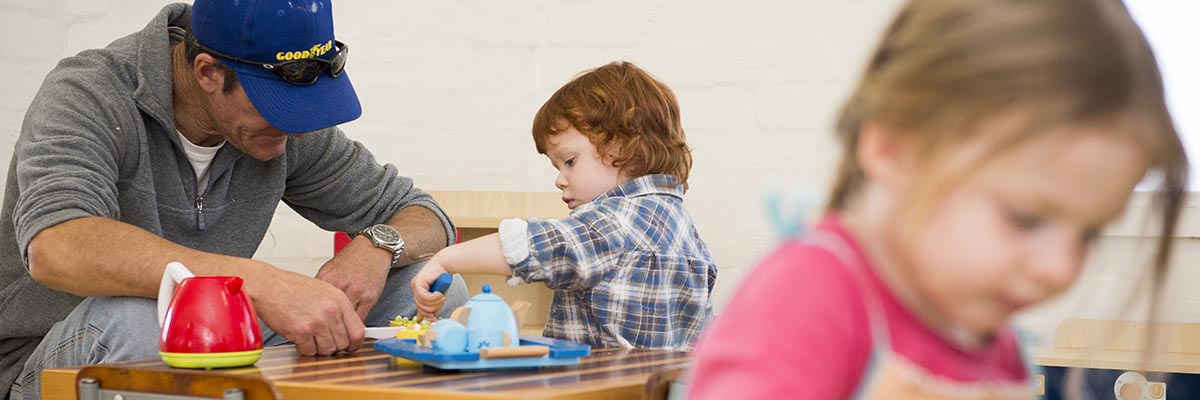We welcome new research into capabilities that children will need to succeed in education and in their future workplace
We know that many children don’t get a fair start from day one. However, capabilities – skills like creative and critical thinking, teamwork, problem-solving and self-control - can help equip these children and young people for success in school and life.
Importantly, these are skills that can be taught and developed in our education system – from early childhood, pre-school, throughout school years and beyond.
New research by the Mitchell Institute at Victoria University highlights that Australia needs to do more to develop implementation of these capabilities, invest in professional development for educators and ensure we measure and assess capabilities in a strategic and supportive way for students.
Save the Children welcomes the call to identify what works by growing a national evidence base of implementing capabilities at all levels of education.
At Save the Children, many of the children and young people we work with develop these capabilities in our programs.
“Our Play2Learns in Victoria support children experiencing disadvantage to socialise, establish routines and self-control through play-based learning,” said Save the Children’s Victorian State Manager, Claire Febey.
“Ensuring all children can develop these capabilities from the beginning of their educational journey is a really important way to help lay the foundations for a strong start at school.”
The Mitchell Institute report also identifies that these capabilities, particularly problem solving, communication and teamwork can help young people make a faster transition to full time work. This is particularly important for young people who may be at risk of dropping out of education.

Hands on Learning is a program which supports disengaged students at risk of leaving school at an early age to build these skills by participating in group projects outside the classroom while on school grounds.
“Many young people learn differently – and for those who may be experiencing disadvantage or struggling to fit in, developing capabilities like teamwork or communication isn’t always easy,” says Head of School Education Engagement, Cam Wiseman.
“That’s why programs which support learning by doing, like Hands on Learning, can help these young people to develop these important capabilities which are increasingly being sought after by employers. It also helps reconnect them back to education.”
Images: Robert McKechnie/Save the Children